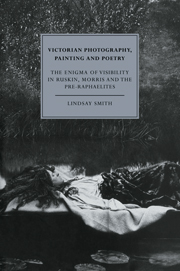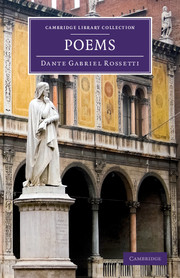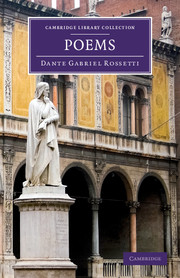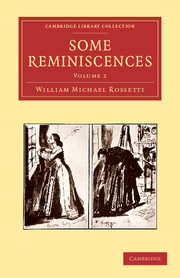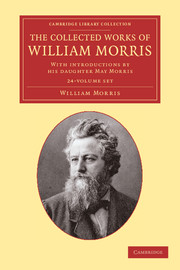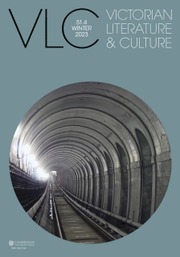Victorian Photography, Painting and Poetry
This book explores the intersections between Victorian literature, painting and photography. Taking as a starting point mid-nineteenth-century developments in the understanding of visual perception, Lindsay Smith examines the representation of a pervasive desire for a literal understanding of the process of seeing and perceiving. This is played out in the aesthetic theory of John Ruskin, the early poetry of William Morris, paintings of the Pre-Raphaelites, and in the photographic technique of combination printing. She demonstrates how the novel presence of the camera in nineteenth-century culture not only transforms acts of looking, but also affects major social, aesthetic and philosophical categories. By exploring the intricacies of photographic discourse she shows how Ruskin and Morris produce a critique of the earlier Cartesian perspectival model of vision.
- The first fully interdisciplinary treatment of Victorian literature, painting and photography
- The first explanation of Ruskin's contradictory championing of both Turner and the Pre-Raphaelites for their truth to nature
- The first exploration of Morris's early poetry in relation to Ruskin's work on vision
Product details
January 2008Paperback
9780521054683
264 pages
230 × 152 × 15 mm
0.435kg
12 b/w illus.
Available
Table of Contents
- List of illustrations
- Acknowledgements
- Introduction
- 1. Ruskin, Morris and the (un)assertive eyes
- 2. 'Gaps on the mind's shelves': Ruskin's theory of the grotesque
- 3. 'The seed of the flower': photography and Pre-Raphaelitism
- 4. 'Where he cannot see, he will not venture far': the critical reception of The Defence of Guenevere
- 5. The optical agency of 'Rapunzel'
- 6. The politics of sight: The Defence of Guenevere and the optical determinants of medieval topography
- 7. Coda: through yellow lenses
- Notes
- Bibliography
- Index.

